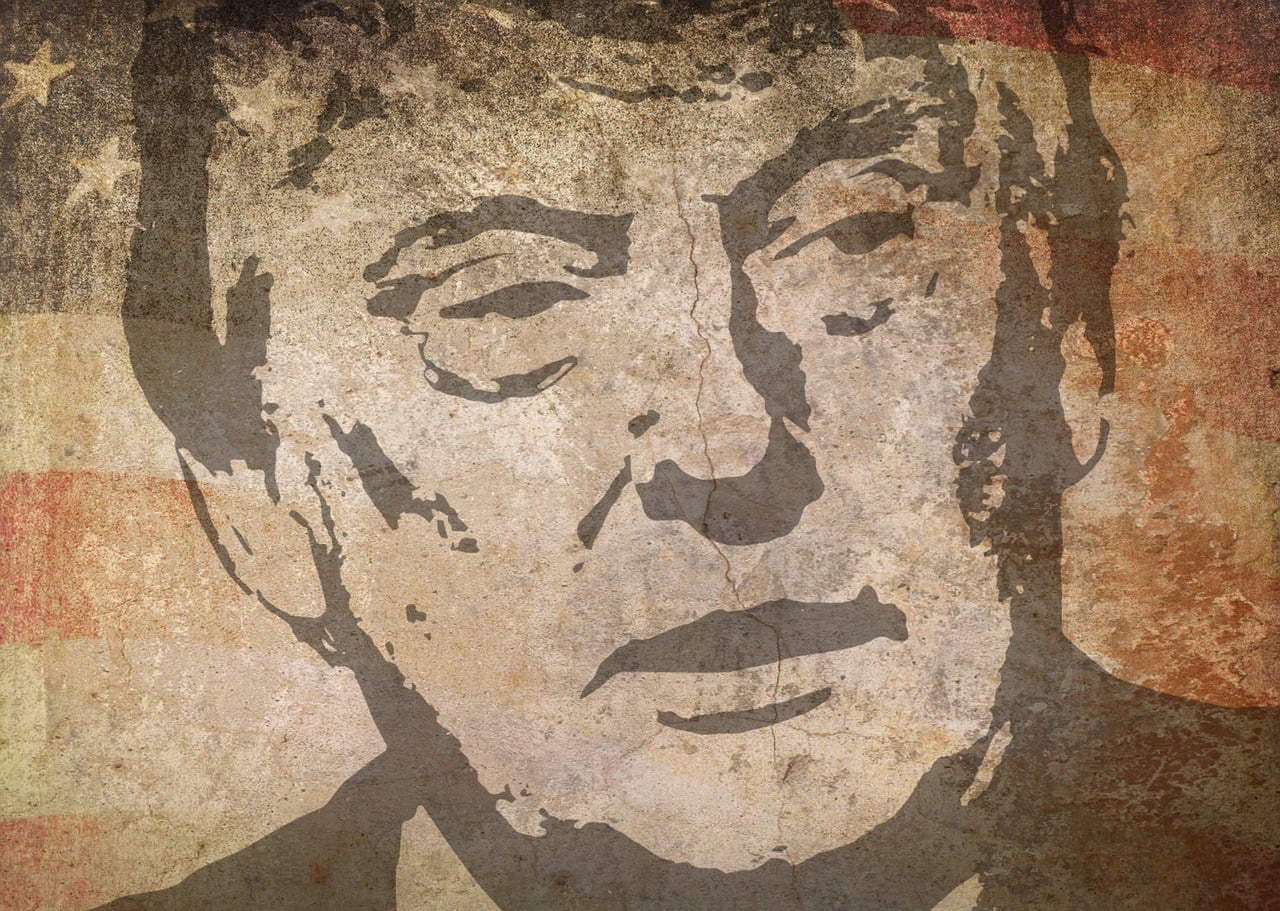Coronavirus has made life very difficult for many. Millions are left without jobs, while many others have seen their income reduced. The stimulus checks – promised by the CARES Act – proved a lifeline for many, but it was a one-time payment. Still, many are finding it extremely hard to meet their needs, and thus, are waiting for the next coronavirus stimulus checks. Though President Donald Trump has expressed support for a second round of coronavirus stimulus checks, some Democrats and Republicans do not favor this.
Q1 2020 hedge fund letters, conferences and more
Earlier this week, Trump in an interview to Scripps reporter Joe St. George, revealed intentions of giving direct payments to Americans. When he was asked about the stimulus checks, Trump replied, "Yeah we are. We are."
"We will be doing another stimulus package," he added. "It'll be very good, it'll be very generous."
Trump, however, did not reveal the amount of the next coronavirus stimulus checks that people would get. This is not the first time Trump has supported another round of stimulus checks. However, we still don’t have any conclusive proof that the next stimulus package would include direct payments.
Apart from Trump, some top officials, including senior White House economic adviser Larry Kudlow have also hinted on the possibility of cash payments in the next coronavirus relief package.
A few days back, Kudlow told FOX Business, “I think the tax rebates or the direct mail checks are on the table." Further, he said that the next package may target those who lost their “jobs and are in need.”
“All right, that’s the speculation on my part, but I think this is — that’s where it’s going,” Kudlow said.
On the other hand, some Congressional Republicans and Senate Democrats, as well as a few of Trump's economic advisers have raised questions over the need of another direct payment. Some argue that many of those who got the stimulus money have put it in their savings accounts, while some are concerned about the ballooning deficit.
Some Republicans favor targeted assistance
Since the start of the coronavirus pandemic, the U.S. bank deposits have gone up by $2 trillion. Many believe that this rise in the deposits is due to the federal government's massive relief efforts. As per the data from the Commerce Department’s Bureau of Economic Analysis, the personal savings rate in April in the U.S. increased to 33%.
“A lot of the stimulus checks that have gone out right now — people have been saving money and putting it into their savings accounts,” Sen. Mike Rounds, R-S.D said while talking to reporters this week. Rounds said the focus should be on getting people back to work.
Treasury Secretary Steven Mnuchin suggests that the next bill should be more targeted and focus more on creation of jobs. “So whatever we do it’ll be much more targeted, much more focused on jobs, bringing back jobs and making sure we take care of our kids,” Mnuchin said in a recent interview.
Sen. Thom Tillis, R-N.C. is also in favor of targeted stimulus only to those hit hard by the pandemic. Sen. Marco Rubio (R-Fla.) also favors targeted assistance, while Sen. John Cornyn (R-Texas) does not feel there is a need of coronavirus stimulus checks now.
Sen. Pat Toomey (Pa.), a member of the Senate Finance Committee, questions the need of stimulus checks when the economy is starting to reopen. According to The Hill, Toomey said that stimulus checks were an emergency measure, but it was “wildly inefficient” because “all kinds of people were getting checks whose work was not jeopardized.”
Few Democrats differ as well
Some Democrats do not support the next coronavirus stimulus checks as well. This comes as a bit of a surprise because the $3 trillion HEROES Act had already been approved by the House of Representatives last month. The HEROES Act promises stimulus checks of up to $6,000 for a household.
Sen. Ben Cardin (D-Md.), a member of the Senate Finance Committee, feels that the relief package should be more targeted at those who are really in need. Cardin said the direct payments made sense in March, but not now because businesses are slowly starting to reopen.
“I think the next round we’ve got to be more targeted to those who are really in need. So I hope we can target this a little bit better to those who have been hit hard because of COVID-19,” Cardin told The Hill recently.
Speaking to The Hill, Sen. Ron Wyden, D-Ore., said that he would back a second payment, but feels that other relief measures, such as unemployment benefits and relief to small businesses should get more importance.
A group of influential conservative leaders want to see a cut in the coronavirus spending. They are concerned about the rising deficit, and argue that further coronavirus spending could prove a setback to the recovery efforts. According to the Congressional Budget Office, the U.S. deficit is expected to hit $3.7 trillion for this year.











